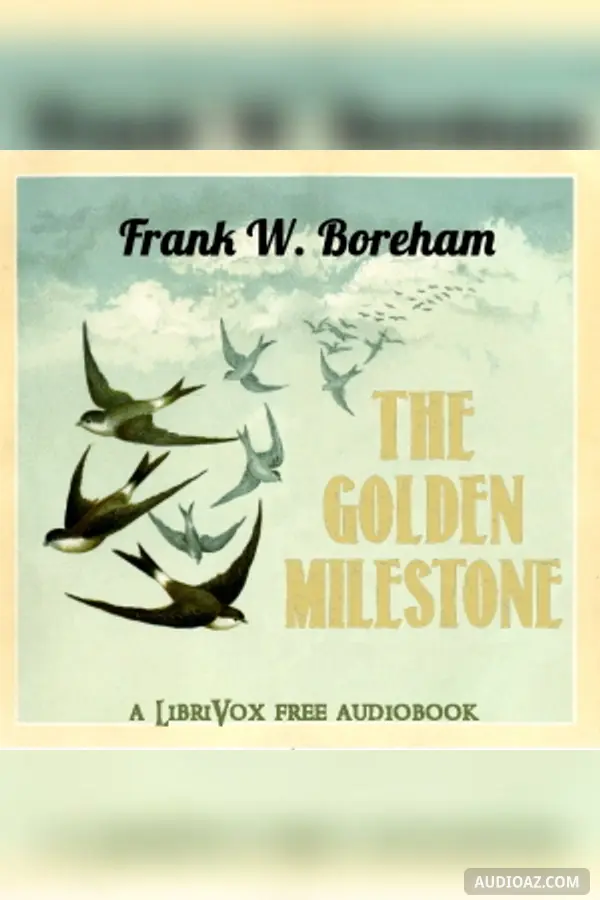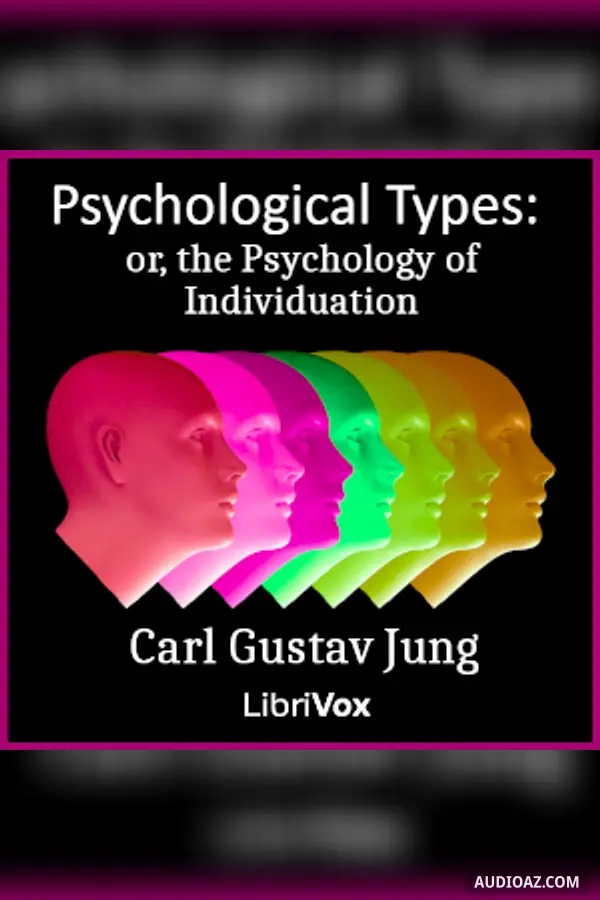
《The Book of Tea (Version 2)》 - 免费有声读物
语言:English
1 / 7Chapter 1 - The Cup of Humanity
- 1. Chapter 1 - The Cup of Humanity
- 2. Chapter 2 - The Schools of Tea
- 3. Chapter 3 - Taoism and Zennism
- 4. Chapter 4 - The Tea Room
- 5. Chapter 5 - Art Appreciation
- 6. Chapter 6 - Flowers
- 7. Chapter 7 - Tea Masters
关于
The Book of Tea is as much about philosophy, religion and art as it is about a drink made with dried leaves in boiling water. It traces the development of tea into teaism. The author’s first paragraph summarizes the whole book:
“Tea began as a medicine and grew into a beverage. In China, in the eighth century, it entered the realm of poetry as one of the polite amusements. The fifteenth century saw Japan ennoble it into a religion of aestheticism--Teaism. Teaism is a cult founded on the adoration of the beautiful among the sordid facts of everyday existence. It inculcates purity and harmony, the mystery of mutual charity, the romanticism of the social order. It is essentially a worship of the Imperfect, as it is a tender attempt to accomplish something possible in this impossible thing we know as life.”
The author shows that the philosophy of Teaism, which was developed from Japanese Zen Buddhist teachings, actually has deeper roots in Chinese Confucianism and Taoism as well.
After its publication in 1906 The Book of Tea provided a window into Japanese culture, and furthered a better understanding and appreciation of the philosophy behind minimalism in Japanese art, architecture, design and living. (Summary by CliveCatterall)
评论
成为第一个评论的人
此内容还没有任何评论。开始对话吧!
查看更多
标签: The Book of Tea (Version 2) audio, The Book of Tea (Version 2) - Kakuzō Okakura audio, 现代 audio, 非小说类 audio, 哲学 audio, free audiobook, free audio book, audioaz






